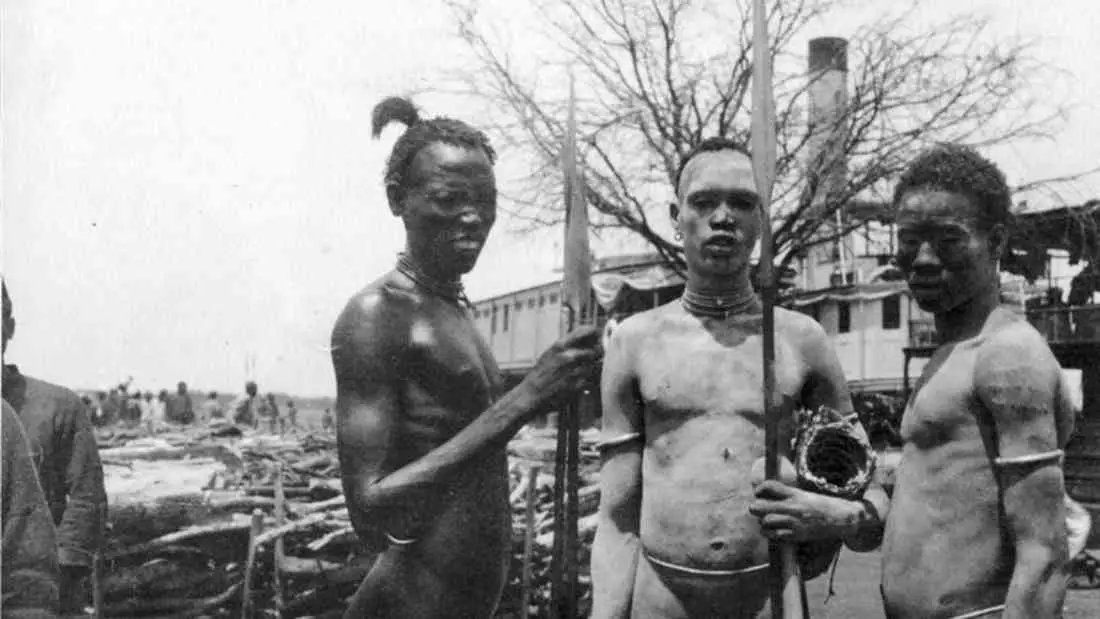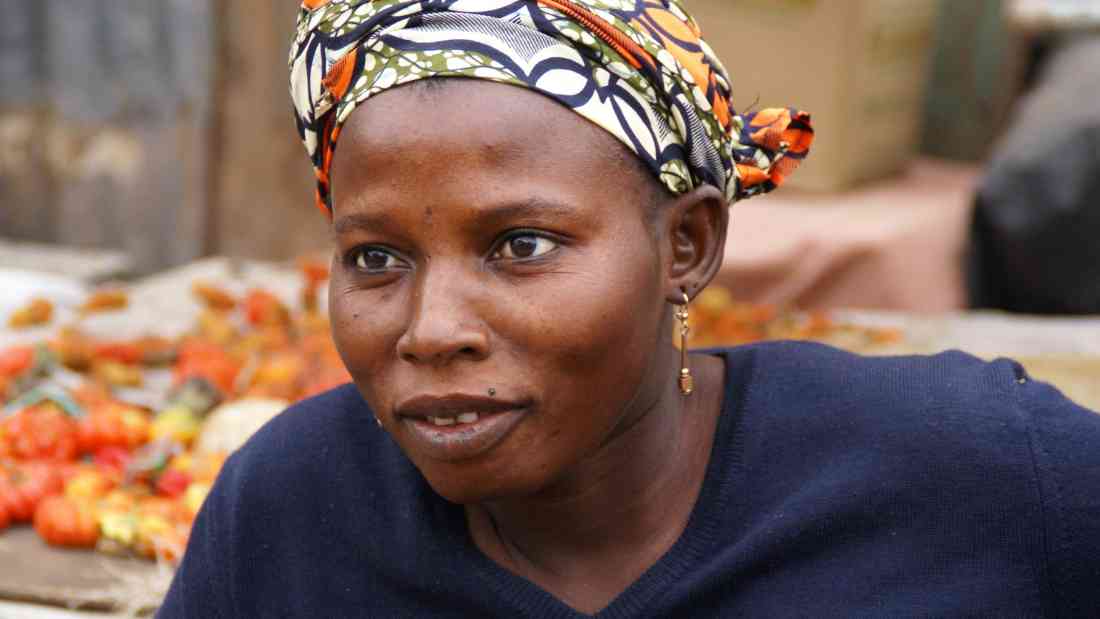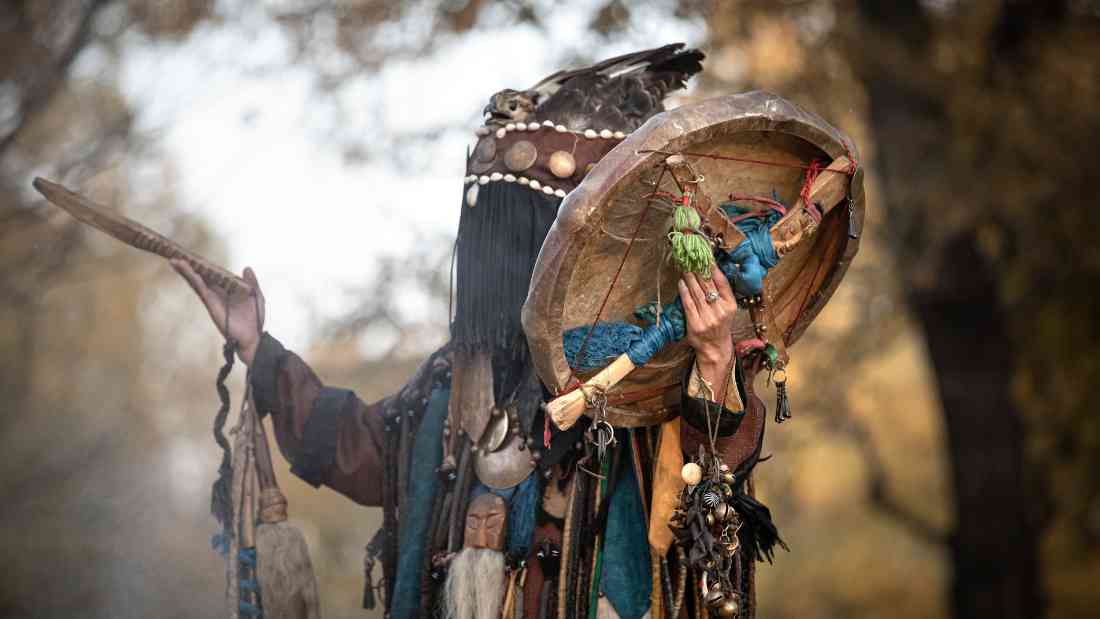The Impact of Marx’s Theory of Alienation as it applies in the Contemporary Context
Marx’s theory of alienation is the most prominent idea in his early writings, where he discussed the four ways in which alienation is experienced by the wage labourer.











